Entertainment
33 True Crime Documentaries That Shaped the Genre
Crime has always been a subject of fascination. In colonial New England, pamphlets on murders were handed out, featuring recaps of crimes and trials, plus any last words criminals uttered before they were killed. Executions used to be public spectacles, with spectators drinking and eating as if they were at a street fair.
Truman Capote’s book In Cold Blood launched true crime as a modern genre. Errol Morris’s 1988 film The Thin Blue Line, which led to an overturned conviction, established true crime as a subject for documentaries. When channels like Court TV allowed Americans to watch jury trials from their homes in 1991, more true crime TV shows followed. And as audiences for cable, podcast, and streaming sites have grown, so have the number of true crime documentary films and docu-series programs.
TIME asked about a dozen criminologists and scholars who write about true crime which documentaries and docu-series programs best define the genre and we compiled their picks below. The list includes examples that changed the outcome of a case (The Jinx) or the law (Dear Zachary) and some of the most-watched true crime documentary programs of all time (Tiger King).
As David Wilson, a criminologist and emeritus professor at U.K.'s Birmingham City University, argues that true crime documentaries and limited series programs are popular because of the public’s desire to see justice prevailing. Viewers want to see “good triumph over evil, the guilty prosecuted, the police getting their man or woman.”
For those worried this list could keep them up at night fretting about becoming a serial killer’s next victim, Katherine Polzer, a Texas Christian University criminologist, points out, “we need to remember these horrible crimes are still very rare.”
The Thin Blue Line (1988)
The film examines the case of Randall Adams, who was convicted and sentenced to death for the shooting of a Dallas police officer in 1976. In the documentary, another man, David Harris, confesses to actually killing the Dallas police officer, and Adams was released from prison a year after the movie came out. The film pioneered reenactments and demonstrated the use of true crime documentaries to point out and correct issues in the criminal justice system.
Where to watch: Netflix
Brother’s Keeper (1992)
The documentary film focuses on the 1991 trial of Delbert Ward, a farmer accused of suffocating his brother in Munnsville, N.Y. His two other brothers were thrust into the spotlight and the national media descended on the small rural town. The film examines how the town’s residents viewed the case compared to how it was portrayed in the news. At his trial, Delbert was ultimately acquitted after it was discovered the New York State Police coerced a confession, but passed away in 1998. (His brothers Roscoe and Lyman died in 2007.)
Where to watch: Amazon Prime, Apple TV+
Paradise Lost: The Child Murders at Robin Hood Hills (1996)
The film series is about the 1993 murders of three boys and the trials of the so-called “West Memphis Three,” teens convicted of the crime, even though there was no physical evidence or motive linking them to the deaths. They were released in 2011 after DNA testing exonerated them, and Amanda Keeler, an associate professor at Marquette University who studies true crime, says the film was important in raising awareness of the case. “All three of those young men who were imprisoned are free, but they wouldn't be free if that film didn't exist,” she said. “They wouldn't be free if very famous people like Johnny Depp hadn't stepped in and offered money and help.”
Where to watch: Max
Bowling for Columbine (2002)
Winner of the 2003 Academy Award for best documentary, the film explores the uniquely American gun culture through the 1999 mass shooting at Colorado’s Columbine High School, which left 15 dead and 24 injured. As filmmaker Michael Moore seeks to explain how the massacre could occur, and why gun deaths are so much higher in the U.S. than in other countries, he’s not afraid to confront high-profile figures. In the film, he grills a staffer at a Lockheed Martin plant near Columbine and goes to the home of National Rifle Association president (and former movie star) Charlton Heston to request an interview—which is granted.
Where to watch: Amazon Prime, Pluto TV, Tubi
The Staircase (2004)
In 2001, Kathleen Peterson was found dead at the bottom of the staircase in her home in Durham, North Carolina, and her husband, crime novelist Michael Peterson, was charged with her murder. Convicted in 2003, he was released from prison in 2017. (Colin Firth and Toni Collette star in a 2022 HBO Max dramatization of the incident.) David Schmid, author of Natural Born Celebrities: Serial Killers in American Culture, says the docu-series epitomizes a popular sub-genre of true crime: “shows about people who you would not expect to be criminals, but that's precisely what makes them appealing.
Where to watch: Netflix
Capturing the Friedmans (2003)
The film focuses on retired school teacher Arnold Friedman who taught computer classes for kids in his basement with his 18-year-old son Jesse. Arnold and Jesse were arrested in 1987 and charged with child molestation. Home videos, obtained from a camcorder that belonged to Arnold’s eldest son David, make this film stand out. “This family took hours of home movies with themselves, just sitting around, talking—even talking after the initial arrest, before the trial,” says Adam Golub, a professor of American Studies at California State University, Fullerton, who teaches about true crime and pop culture. “It gives us some insight into the private lives of this family.”
Where to watch: Max
Dear Zachary: A Letter to a Son About His Father (2008)
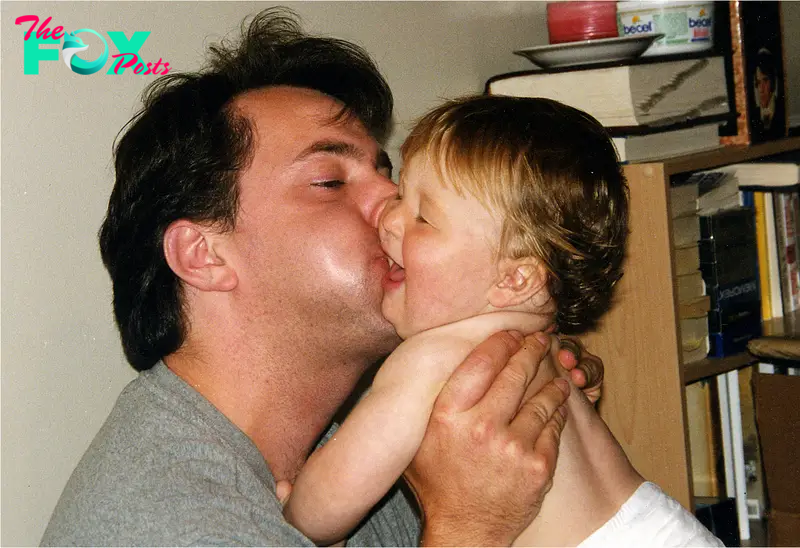
Director Kurt Kuenne made a movie about his close friend, a doctor named Andrew Bagby, who was found dead after breaking up with his girlfriend from medical school. The girlfriend, Shirley Turner, became a prime suspect, and she fled to Canada. After learning that Bagby’s previous girlfriend was pregnant with Bagby’s son, Kuenne sets out to make a film about the father for the boy to watch when he’s older. The film includes a shocking plot twist that will tear viewers’ hearts out. Two years after Dear Zachary came out, a law was passed in Canada so courts could refuse bail to people like Turner who are accused of committing serious crimes and are considered a danger to children under 18. The documentary “actually did change the law,” says George S. Larke-Walsh, editor of True Crime in American Media.
Where to watch: Amazon Prime, Pluto TV, Tubi
Central Park Five (2012)
Ken Burns’ documentary profiles the five Black teens who were convicted in the 1989 rape and assault of a jogger in New York City’s Central Park and the sensational media coverage of the case. While the convictions were overturned in 2002, the film explores the lasting effects of the wrongful convictions, featuring interviews with the teens as grown men. That access to the exonerated suspects makes this documentary unique compared to other true crime docs, according to TCU’s Polzer.
Where to watch: PBS
The Act of Killing (2012)
A rare example of an international true crime story that got the documentary film treatment, and an even rarer example of killers participating in a film and reenacting their crimes. It features two men, Anwar and Herman, who helped carry out mass political assassinations in Indonesia between 1965 and 1966 aimed at eradicating suspected communists. Anwar, for example, describes how he strangled victims with wire. The film shows that many of the killers maintain comfortable, well-off existences despite their crimes; some even serve in local government.
Where to watch: Peacock
Tales of the Grim Sleeper (2014)
The film is a portrait of a serial killer Lonnie Franklin, Jr., known as the “Grim Sleeper,” for the murders of 10 women throughout Los Angeles from 1984 to 2007. Director Nick Broomfield connects with women who had violent experiences with Franklin via a former sex worker. The film examines how poverty, drugs, and a police force skeptical of Black women led to these cases remaining unsolved for years. “It shows how long it took the police to actually pay attention to these victims because of who they were—runaways, drug addicts,” says Dawn K. Cecil, a criminologist at the University of South Florida.
Where to watch: YouTube
The Jinx: The Life and Deaths of Robert Durst (2015)
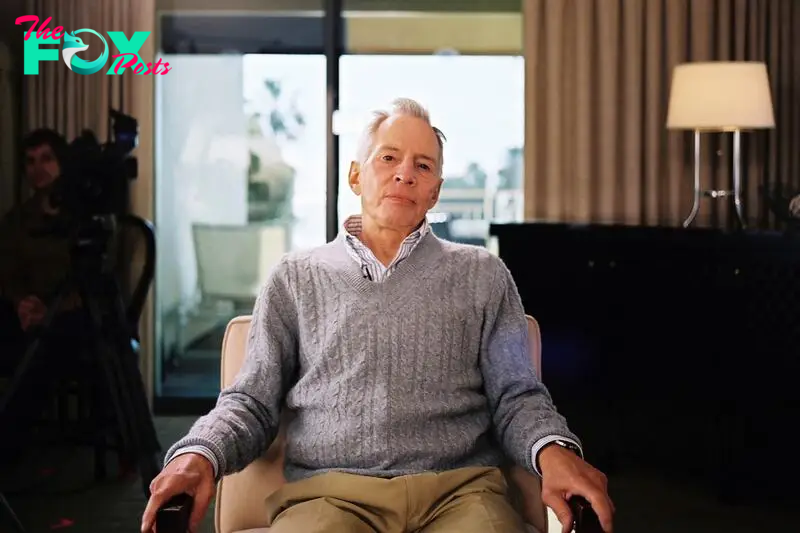
It’s unheard of for a true-crime documentary to feature a criminal confessing a crime, but that’s exactly what happens in The Jinx. Real estate tycoon Robert Durst is in the bathroom, forgets that his mic is on and mutters “killed them all of course,” referring to the murders of his wife Kathie in 1982 and her friend Susan Berman in 2000. He was convicted in 2021 and was serving a life sentence in prison when he died in 2022.
Where to watch: Max
Making a Murderer (2015-2018)
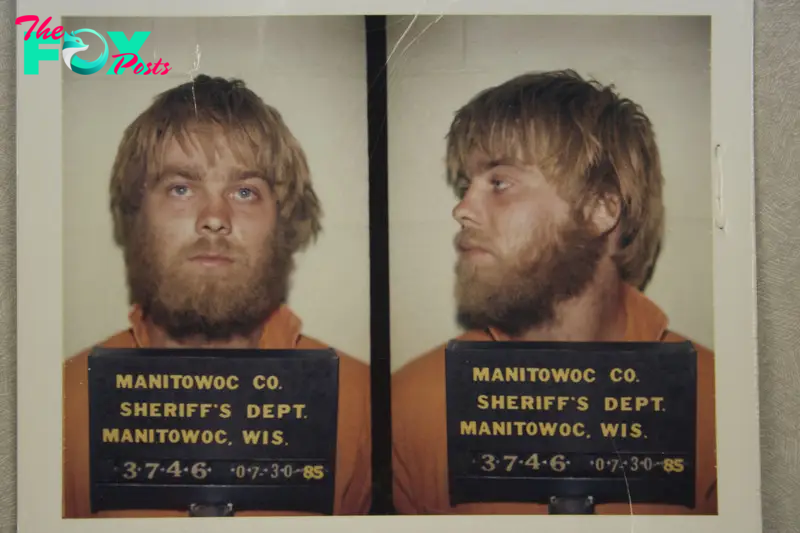
This docu-series sparked an unprecedented audience reaction, establishing Netflix as a key platform for true crime documentaries. More than 180,000 people signed petitions calling for then-President Barack Obama to pardon the main subject Steven Avery, even though a president cannot pardon someone for a state offense. Avery served 18 years in prison for a sexual assault, and was released in 2003 when DNA evidence proved him innocent. But two years later, he was found guilty of another murder and sentenced to life in prison. The documentary asks viewers to consider whether he did indeed transform into someone capable of murder after serving in prison so long for a crime he didn’t commit, or whether law enforcement officials, embarrassed by his 2003 exoneration, had it in for him. He remains in prison.
Where to watch: Netflix
O.J.: Made in America (2016)
The comprehensive, nearly 8-hour-long docu-series chronicled the rise and fall of O.J. Simpson, who went from NFL stardom to being tried (and acquitted) for the brutal killing of his ex-wife. Tanya Horeck, author of Justice on Demand: True Crime in the Digital Streaming Era, and a professor at Anglia Ruskin University in the U.K., says O.J.: Made in America stands out for delving into issues of race, gender, and Sports, arguing, “a true crime documentary and true crime docu-series is at its best when it’s making us think about the wider social context and not just treating these cases as isolated incidents.”
Where to watch: ESPN, Hulu
The Keepers (2017)
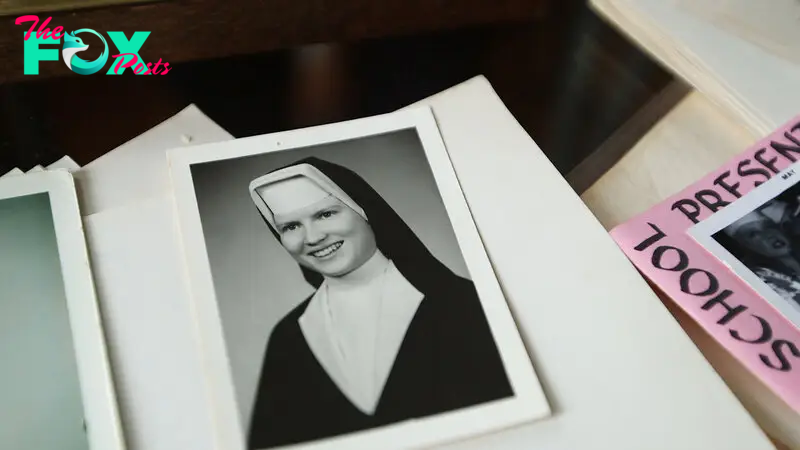
The 1969 murder of Catherine Cesnik, a Roman Catholic nun, is a window into a larger story about abuse at the all-girls catholic school in Baltimore where she taught. The docuseries features former students’ perspectives, some of whom believe that a priest was behind her death, though the question of who murdered Cesnik remains unsolved. As Danielle Slakoff, an assistant professor of criminal justice at California State University, Sacramento, explains, “you go in thinking this documentary is about the murder of a nun, but it's also about so much more—specifically, the sexual abuse of children within the Catholic Church. It's one of the best documentaries out there.”
Where to watch: Netflix
Time: The Kalief Browder Story (2017)
Kalief Browder was 16 when he was locked up for a crime he didn’t commit. Accused of stealing a backpack, he was in and out of solitary confinement on Rikers Island for three years. His family couldn’t afford to raise his bail. In 2013, he was released, but two years later, he committed suicide. Produced by Jay Z, the docuseries aims to raise awareness about the injustice of the profitable bail bond industry.
Where to watch: Netflix
Surviving R Kelly (2019)
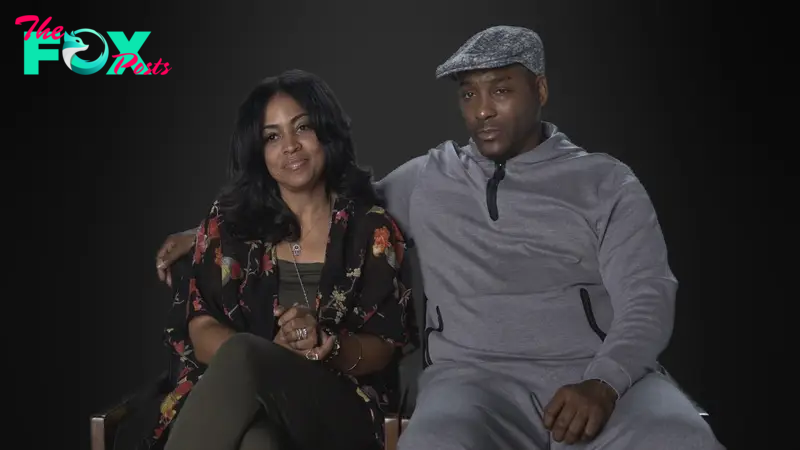
At a time when the #MeToo movement empowered women to speak out about their experiences with sexual abuse, this Lifetime series brought a new heightened awareness to the voices of women who accused the singer R Kelly of sexual misconduct when they were minors. While true crime documentaries often focus on white victims, this doc amplifies the perspectives of Black women.
Where to watch: Lifetime, Netflix
Conversations with a Killer: The Ted Bundy Tapes (2019)
This series was timed to the 30th anniversary of the execution of Ted Bundy, one of America’s most notorious serial killers, responsible for kidnapping, raping, and murdering dozens women and girls in the mid 1970s. (The exact number is not known but Bundy claimed he killed at least 30.) The film provides an overview of Bundy’s grisly crimes and features conversations he had behind bars with journalists Stephen Michaud and Hugh Aynesworth. Bundy explains that with each murder, he thought he “would be fulfilled,” and when he wasn’t, he’d go on another crime spree. These recordings of Bundy did not change any of the basic outlines of the case, but provided a deeper look into Bundy’s sinister mindset.
Where to watch: Netflix
Don’t F**k with Cats: Hunting an Internet Killer (2019)
In the last decades, there are many true crime documentaries about ordinary people combing social media to help solve crimes. A prime example is Don’t F**k with Cats, a docuseries that chronicles the saga of Facebook users who try to track down a man who suffocates kittens and uploads the videos online, and they end up discovering that he’s also killed a woman. As criminologist David Wilson explains, “the armchair detectives didn't help the police solve the crime. The armchair detectives solved the crime and gave the evidence to the police.”
Where to watch: Netflix
Jeffrey Epstein: Filthy Rich (2020)
The disgraced financier Jeffrey Epstein committed suicide on Aug. 10, 2019, while in prison following his arrest on federal sex trafficking and conspiracy charges. But the women he abused have made sure his crimes will never be forgotten. In this documentary, they describe how they thought they were being hired to give Epstein massages, but were instead recruited for sex. This survivor-centric documentary came out at a time when women felt more empowered than ever before to speak out about sexual abuse amid the #MeToo movement and followed Christine Blasey Ford’s testimony about being sexually assaulted by Brett Kavanaugh during his Supreme Court confirmation hearings.
Where to watch: Netflix
American Murder: The Family Next Door (2020)
Chris Watts is currently serving a life prison sentence for the 2018 murders of his pregnant wife, Shanann, and their toddler daughters, Bella and Celeste, in their Colorado home. With full access to Shanann’s laptop and mobile phone and cooperation from her family, this film examines the case through her social media posts, text messages, and videos she recorded. The series includes footage of police questioning Chris, and the documentary shows the key moment in the case when he failed a polygraph test and then confessed to the murders.
Where to watch: Netflix
The Vow (2020)

In this documentary series, members of a cult-like group known as NXIVM speak out after its leader Keith Raniere was convicted of sex trafficking and racketeering conspiracy. The Vow is arguably the most prominent of several popular documentaries that profile Svengali-like leaders in the Trump era. “There are lots of people who think of MAGA as being a cult…and it seems that our political system is being driven more and more by a charismatic individual,” says author Schmid, to explain their recent proliferation.
Where to watch: The Vow
I’ll Be Gone in the Dark (2020)
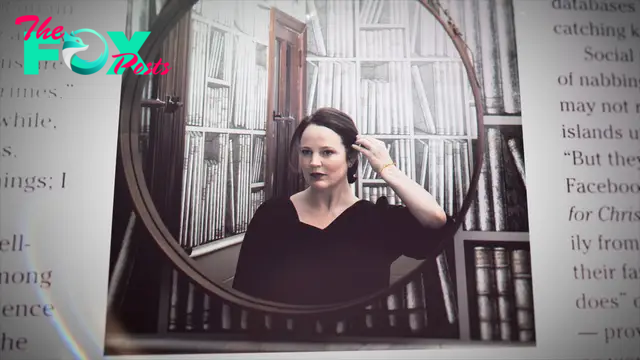
The docuseries explores writer Michelle McNamara’s career investigating the "Golden State Killer," a man responsible for 50 home-invasion rapes and 13 murders in California in the 1970s and 1980s. McNamara, who struggled with opioid addiction, died of an accidental overdose in 2016—two years before DNA evidence led to the killer’s arrest in 2018—so the film is a combination of true crime documentary and memoir, told through McNamara’s home movies, text messages, and journals.
Where to watch: Max
Atlanta’s Missing and Murdered: The Lost Children (2020)
The docu-series raises awareness about the roughly 30 Black children who disappeared between 1979 and 1981, after then-Atlanta Mayor Keisha Lance Bottoms reopened the case in 2019. It features interviews with people close to the children and explains the rising racial tensions in the area, while also exploring the many remaining questions surrounding the investigation.
Where to watch: Max
The Innocence Files (2020)
Spotlighting the work of The Innocence Project—the organization that works to overturn wrongful convictions—each episode focuses on a different case of people spending years in prison for crimes they did not commit. One of the subjects is Kennedy Brewer, who was falsely accused of killing his girlfriend’s toddler in 1992 and spent 15 years in prison—eight of those years on death row—before DNA testing exonerated him in 2008. Over nine episodes, viewers can see that this kind of thing “is not a fluke or a one off thing that happened. You start to see that this keeps happening,” as Cecil puts it.
Where to watch: Netflix
Tiger King (2020)
One of the most-watched programs on Netflix during the pandemic was a true-crime series profiling convicted criminal and tiger breeder Joseph Maldonado-Passage—or “Joe Exotic” for short—and the world of big cat owners and enthusiasts. “That was something that everyone seemed to be watching at the beginning of the pandemic and shut-down, so it says something about the culture that we were fascinated with this person and the crimes that were supposed to have been committed,” says Michael Buozis, an assistant professor in media and communication at Muhlenberg College who researches true crime.
Where to watch: Netflix
Crime Scene: The Vanishing at the Cecil Hotel (2021)
The Cecil Hotel in Los Angeles garnered a reputation for several unexplained deaths on and around the property, and this docuseries focuses on a 21-year-old Canadian tourist, Elisa Lam, who was found dead in its rooftop water tank in 2013. It’s a case internet sleuths tried to crack, and the program—with its deep dive into Lam’s social media presence—raises a larger issue of whether these web sleuths help or hurt these kinds of investigations.
Where to watch: Netflix
Allen v. Farrow (2021)
The docu-series is made from a treasure trove of home videos taken by actress Mia Farrow, including one in which her daughter Dylan accuses the legendary director Woody Allen of molesting her—a charge Allen has repeatedly denied. In the #MeToo era, this series tracks Mia Farrow’s crusade to get justice for Dylan, and shows that even the rich and famous have trouble being believed when it comes to sexual abuse allegations. As Deborah L. Jaramillo, an associate professor in the department of film and television at Boston University who teaches about true crime, puts it, injustice affects “even people who have a ton of money.”
Where to watch: Max
The Sons of Sam: A Descent into Darkness (2021)
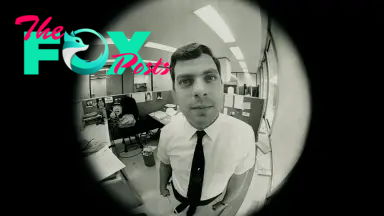
The serial killer David Berkowitz—nicknamed Son of Sam—is still serving life for his so-called “Summer of Sam,” in which he murdered six people and wounded seven others in 1976 and 1977. In addition to recapping the events of that terrifying period, the docuseries focuses on the work of investigative journalist Maury Terry, who looked into whether Berkowitz was part of a larger conspiracy and whether he had ties to a Satanic cult.
Where to watch: Netflix
Night Stalker: The Hunt For a Serial Killer (2021)
The docu-series recounts Richard Ramirez’s rampage of murder, sexual assault and other crimes in Los Angeles in 1984 and 1985, at a time when crime was declining and the city was in a post-Olympic glow. The filMMAkers tell the story through interviews with journalists, people affected by Ramirez’s crimes, and the two detectives who chased the killer, Frank Salerno and Gil Carrillo.
Where to watch: Netflix
Black and Missing (2021)
The documentary profiles the work of a grassroots organization dedicated to searching for missing women of color, run by Derrica Wilson, a former former law enforcement officer, and her sister-in-law, Natalie Wilson, a public relations expert. “There is so much focus on white victims and white perpetrators in true crime,” says Slakoff. ”A documentary about why are Black people going missing at such a high rate really does stand out.”
Where to watch: Max
Last Stop Larrimah (2023)
The film is about what happens when one of the 11 residents in the remote Australian outback town of Larrimah goes missing, and the other 10 residents become suspects in the investigation. The town’s quirky history and small town politics and represents “a direction that true crime is going to go in, focusing on communities—especially if they have eccentric ‘characters’—in localized places,” according to Lili Pâquet, who edited True Crime and Women: Writers, Readers, and Representations.
Where to watch: Max
Murder in Big Horn (2023)
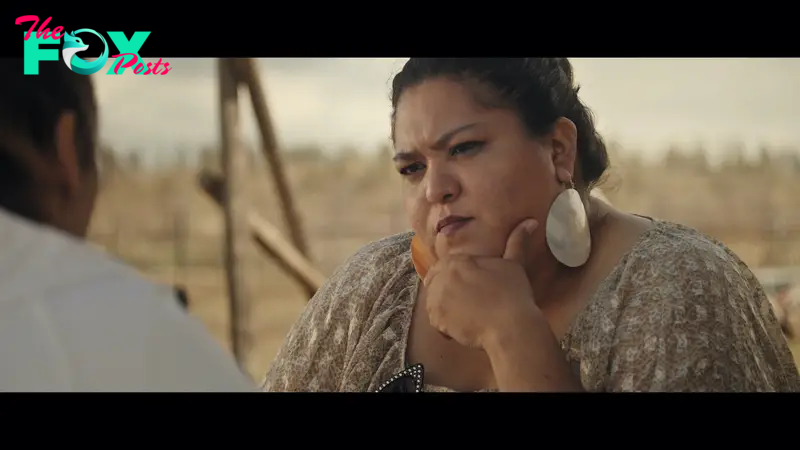
Murder in Big Horn spotlights the modern-day efforts to account for missing indigenous persons and explores the lasting legacy of colonization. After the high-profile 2021 disappearance of Gabby Petito, a 22-year-old white woman, in Wyoming, more news articles and documentaries like Murder in Big Horn came out to raise awareness about missing indigenous women and children who rarely receive widespread mainstream media attention.
Where to watch: Paramount Plus, Hulu
They Called Him Mostly Harmless (2024)
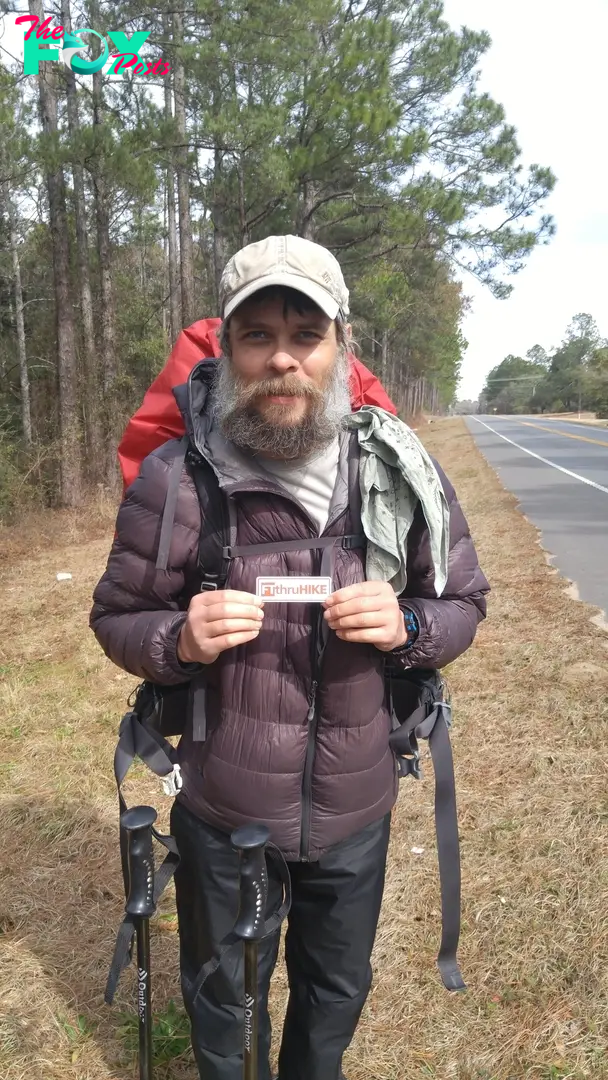
It took two years to identify the Appalachian Trail hiker Vance Rodriguez—whose body was found in a tent in Florida in 2018. Some knew him as “Mostly Harmless” because that was how he’d identify himself to people he met along the way. The documentary shows how men and women on Facebook figured out his real name—another example of films about internet vigilantes who help law enforcement solve crimes. Once his identity is known, shocking revelations about his past come out. “I’ve never seen anything like that before,” says Kate Winkler Dawson, author and host of the true crime podcast Buried Bones.
Where to watch: Max
-

 Entertainment5h ago
Entertainment5h agoRemembering Song Jae-rim: A Look at His Best Movies and K-Drama Performances
-

 Entertainment15h ago
Entertainment15h agoAmerica On CoffeeWe’re simply inviting you to take a timeout into the rhythmic ambiance of our breakfast, brunch and/or espresso alternatives. We’re pleased everytime you cease by.SELF CONTROL
-

 Entertainment17h ago
Entertainment17h agoOrange County Choppers Is Ready For Its Big Comeback
-

 Entertainment22h ago
Entertainment22h agoSki Area Officially Opens the Ski Season For New York
-

 Entertainment1d ago
Entertainment1d agoGladiator II Belongs to Denzel
-
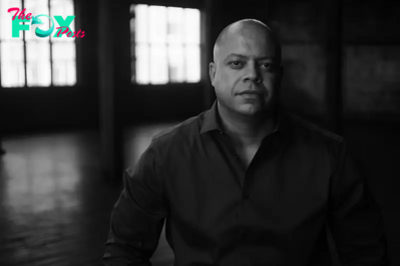
 Entertainment1d ago
Entertainment1d agoJJ Velazquez on Finding Freedom, From Sing Sing to Sing Sing
-

 Entertainment1d ago
Entertainment1d ago13 Most Romantic Movies Based on Novels
-

 Entertainment1d ago
Entertainment1d agoThe Monkey Is the Secret Hero of Gladiator II



















